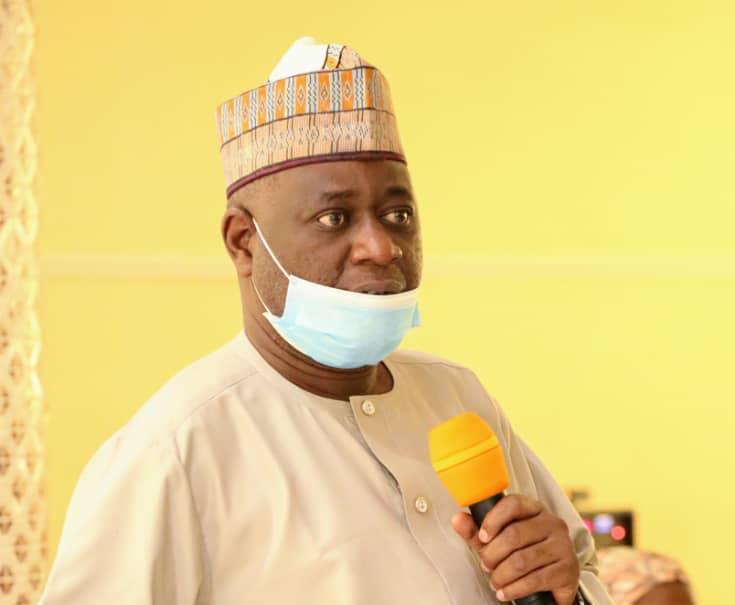Mohammed Sambo, executive secretary of the National Health Insurance Scheme (NHIS), has expressed optimism that the agency’s plans to achieve universal coverage is achievable within the next 10 years.
According to a statement by Emmanuel Ononokpono, NHIS head of media and public relations, Sambo stated this at a two-day management retreat held in Kaduna.
The NHIS executive secretary noted that going by the “ten-year strategic plan document”, with careful implementation, Nigeria can be on level footing with other countries in terms of health coverage for its citizens.
“He explained that the strategic plan document sets out in elaborate terms the roles of all stakeholders, activities and timelines as well as cost implications of all initiatives within the ten-year period, adding that going forward all efforts will be brought to align with the strategic plan,” the statement reads.
Advertisement
“Expressing delight at the development, the health policy expert emphasised that a strategic plan is the foundation of success of any organisation or people, adding that the corporate objectives of all stakeholders under a decentralised health insurance system has been encapsulated in the document.”
Sambo added that the N3 trillion required annually for the health coverage will also incorporate funding from “non-government sources”.
On reaching rural communities, he added that “the ongoing installation of equipment for e-NHIS in all the Scheme’s state offices nationwide, to link up with state health insurance systems, as provided for in the strategic plan will ensure inclusiveness”.
Advertisement
“According to him, persons residing in rural communities, but have a handset, would be able to use the gadget for purposes of registration, enrolment, selection of healthcare providers and other relevant operations, noting that the Federal Executive Council (FEC)’s approval of the e-NHIS Project was a significant milestone in the drive towards the attainment of UHC,” Ononokpono added.
In a related development, Sambo has also called for a review of the National Health Act 2014, to address “gaps in implementation”.
He stated this while addressing members of the national assembly at a three-day retreat held in Abuja, with the theme, “Resolving the Bottlenecks around Effective Implementation of the National Health Act (NHA)”.
Citing factors such as lack of governance structure to drive implementation, unavailable clear delineation of roles and responsibilities, and non-existent enforcement of its various provisions by relevant institutions, the executive secretary called for the setup of a multi-disciplinary steering committee “to drive the implementation of the act”.
Advertisement
Add a comment





